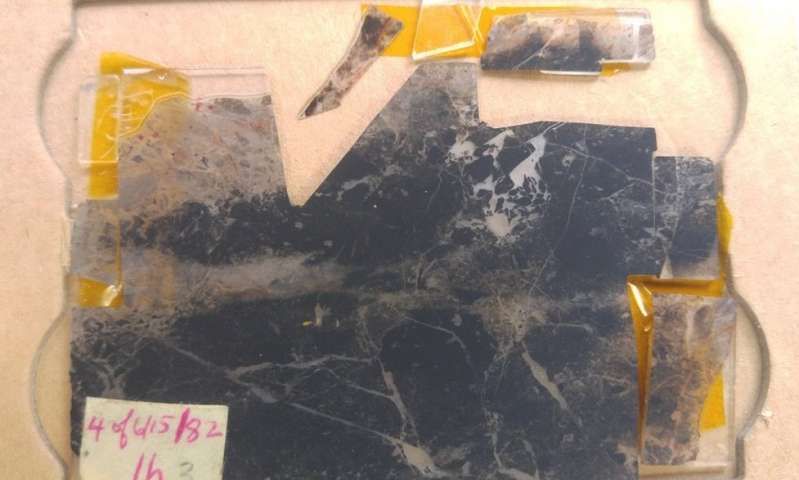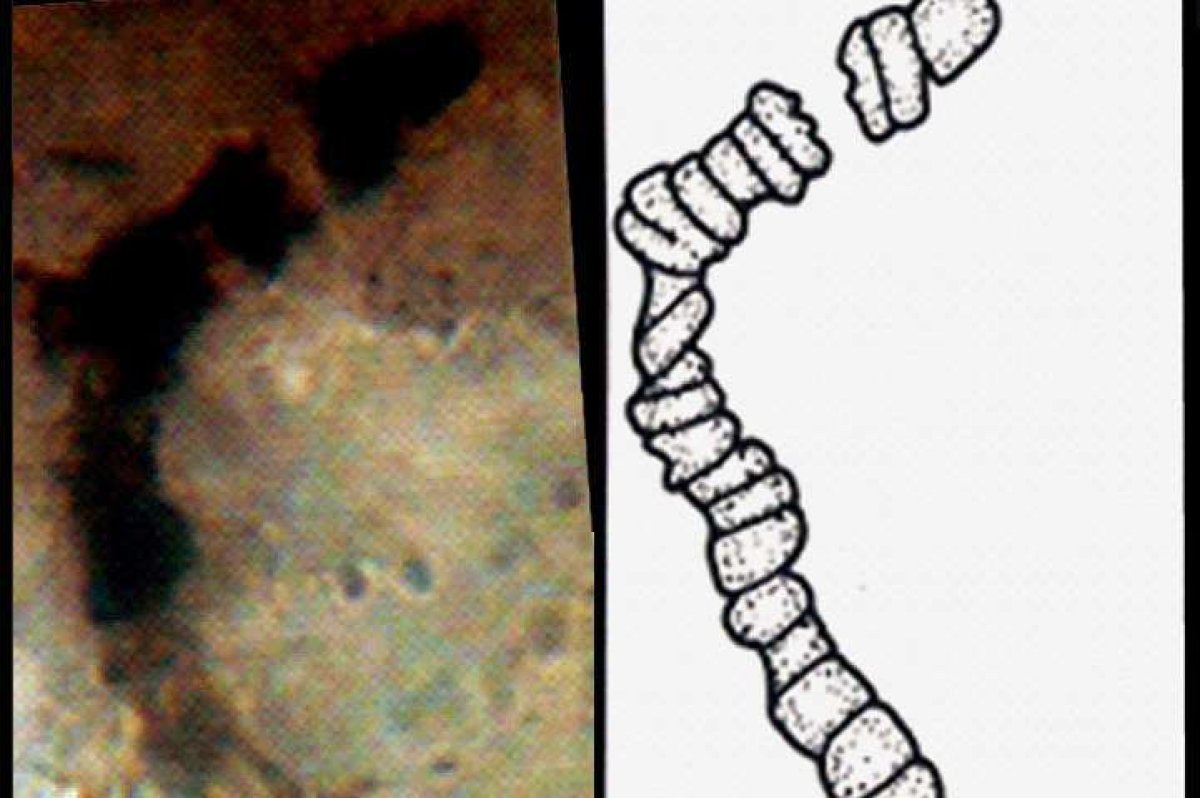
Scientists may have found oldest evidence for life on Earth, building the case for life elsewhere in the universe. That evidence came in the form of samples of microorganisms on a tiny, nearly 3.5-billion-year-old piece of rock found in Australia. The team, led by J. William Schopf, a paleobioloigst at UCLA, with collaborators from the University of Wisconsin Madison, published their results in a new study in PNAS.
Schopf first discovered and characterized the "microfossils" in a 1993 article published in the journal Science, according to a statement. The team at UW-Madison was able to determine that the fossils were, in fact, biologenic—that is, having a biological origin rather than a mineral origin. They came to that conclusion by examining ratios of carbon isotopes within the fossil using a secondary ion mass spectrometer.
According to a UCLA press release, the microorganisms are 3.465 billion years old.
"By 3.465 billion years ago, life was already diverse on Earth; that's clear—primitive photosynthesizers, methane producers, methane users," Schopf said in a press release. "These are the first data that show the very diverse organisms at that time in Earth's history, and our previous.
Schopf believes the fossils formed at a time when there was little oxygen in the atmosphere. In fact, he said, oxygen would have killed them.
"People are really interested in when life on Earth first emerged," John W. Valley, a professor of geoscience at University of Wisconsin-Madison and author on the study told said in a statement. "This study was 10 times more time-consuming and more difficult than I first imagined, but it came to fruition because of many dedicated people who have been excited about this since day one ... I think a lot more microfossil analyses will be made on samples of Earth and possibly from other planetary bodies."

And, in case all that wasn't exciting enough, the discovery has even broader implications. Given that life seems to have evolved so early in Earth's natural history, and the astronomically high number of places where life could evolve in the universe, it seems less and less likely that Earth would be the only place life would develop.
Uncommon Knowledge
Newsweek is committed to challenging conventional wisdom and finding connections in the search for common ground.
Newsweek is committed to challenging conventional wisdom and finding connections in the search for common ground.
About the writer
Joseph Frankel is a science and health writer at Newsweek. He has previously worked for The Atlantic and WNYC.
To read how Newsweek uses AI as a newsroom tool, Click here.








